“So many of our American heroes come home from war physically, but mentally they remain on the battlefield,” said American Army veteran George Karatzia. “They are imprisoned by their own thoughts, which causes 22 veterans every single day to commit suicide rather than live with the effects of their invisible battle scars.”
Karatzia, 79, spoke at a Feb. 11 event organized by Alana Pytel, president of the History and Political Science club. Pytel, 18, is a political science major from Marlboro.
“I chose George Karatzia to speak at my History and Political Science club not only because of his incredible story of being drafted into the war at 18, but because of the personal impact he has had on me,” said Pytel. “George is my grandfather, (or what I call him, my Papou – which is grandfather in Greek). I love history and had so many questions when I was little. He would share stories with me about his life. His stories always left me inspired, and I wanted to bring that same inspiration to Brookdale.”
Karatzia told the group that he was barely out of high school in 1966 when he was drafted into the army. His service journey began in South Carolina for basic training as an infantry soldier, and afterward he was sent to Southeast Asia. In the midst of an escalating war, he was then transported by helicopter into the remote jungles of Vietnam.
The first soldiers he encountered were filthy and unshaven. “My God, where the hell have they been?” he thought. The company commander met the new recruits and his only words were: “My name is Captain Katonis, and my job is to keep you alive!” After participating in multiple combat battles, Karatzia said even though he was still a teen, he looked like the soldiers he saw when he arrived.
Karatzia said he eventually made it out of that harrowing Vietnam War experience but had trouble adjusting to life back home.
“Nothing really prepares you for war, and nothing prepares you for when you come home,” he said. “It seems you bring back the war in your mind — like a horror movie. It plays in your mind over and over.”
His group of friends were unaware of the trauma he experienced in Vietnam and made crass and hurtful comments. He left those friends, felt isolated and was often anxious and depressed. Multiple prescribed medications ultimately made things worse. Fortunately, he had a loving and supportive family and eventually it was recognized that he suffered from Post Traumatic Stress Disability. After the correct diagnosis, he received the help he needed.
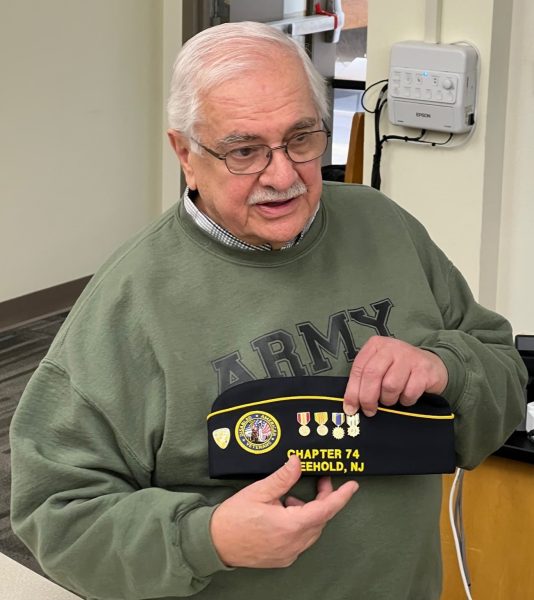 Many other veterans aren’t as lucky and suffer in silence or choose to end their lives. It is estimated that 22 veterans die from suicide every day, and many consider that figure to be an underestimation.
Many other veterans aren’t as lucky and suffer in silence or choose to end their lives. It is estimated that 22 veterans die from suicide every day, and many consider that figure to be an underestimation.
Karatzia shared a video about a PTSD trained service dog, Captain, and his veteran handler who was given life-saving support after the veteran experienced PTSD. The veteran shared how Captain saved his life and helped him heal. A second video showed another veteran also suffering from PTSD, who was unable to access the help he needed. He suffered for years and eventually died by suicide.
Eager to give back to help fellow veterans who were struggling, Karatzia helped raise funds for the AHEPA Service Dogs for Warriors Program. Each service dog is individually trained to help with the handler’s disability. They can assist in a medical crisis, help with emotional overload and perform security enhancement tasks. They continuously assess the handler and interrupt repetitive or injurious behavior, guide the handler from stressful situations, or remind the handler to take medication. PTSD Service Dogs can and do save veterans’ lives.
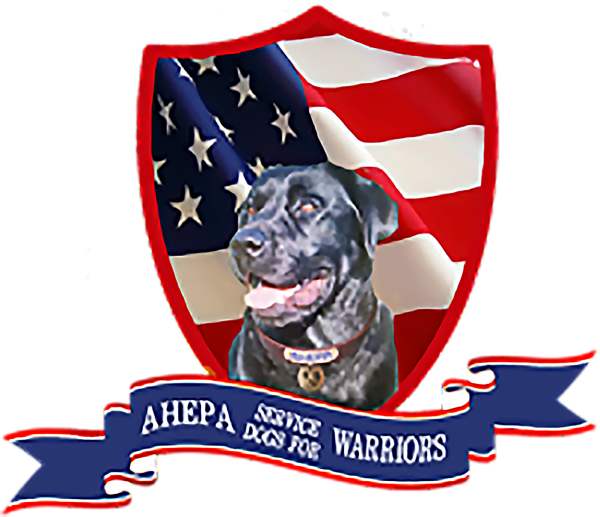 Pytel explained that Karatzia’s passion for this cause has given him the opportunity to open up about his own experiences, making his story even more meaningful as he has done thousands of speeches all over the United States.
Pytel explained that Karatzia’s passion for this cause has given him the opportunity to open up about his own experiences, making his story even more meaningful as he has done thousands of speeches all over the United States.
“Our club knew we wanted to have a guest speaker, and I knew my Papou would be the perfect fit,” said Pytel. “Someone who could not only educate others about the importance of veterans who suffer from PTSD but also leave a lasting impact of his amazing story, just as he has done for me.”
As the national chairman for the AHEPA Service Dogs for Warriors Program, Karatzia is proud to report that his organization has raised over $800,000 to train and provide service dogs free of charge for veterans. His goal is to keep raising money and providing service dogs to veterans until there are zero suicides amongst United States veterans.
Karatzia reminds us: Coming home doesn’t mean their war is over; for some veterans, it means a new battle begins. For more information: Welcome to AHEPA Service Dogs for Warriors!
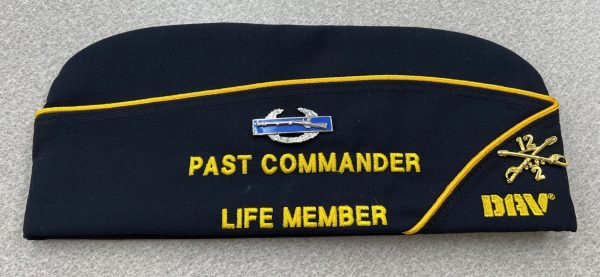
















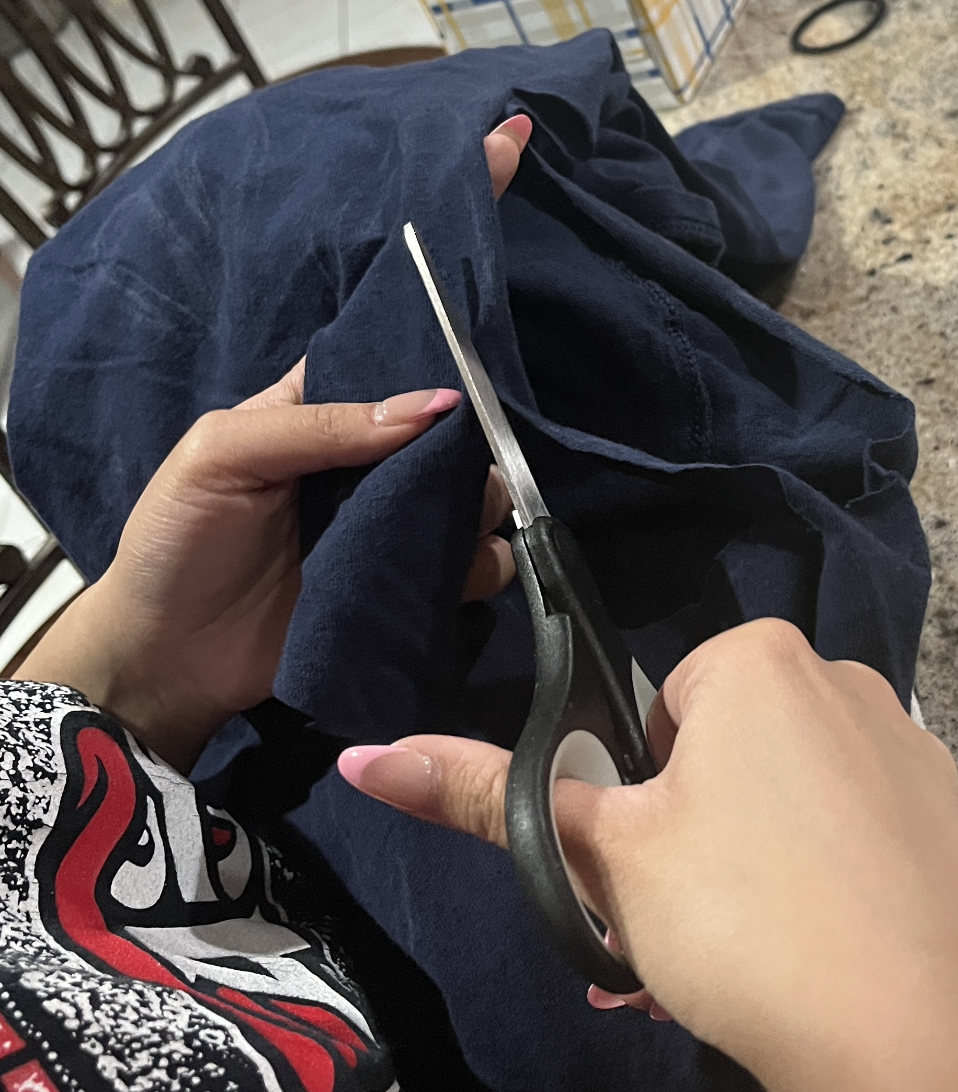









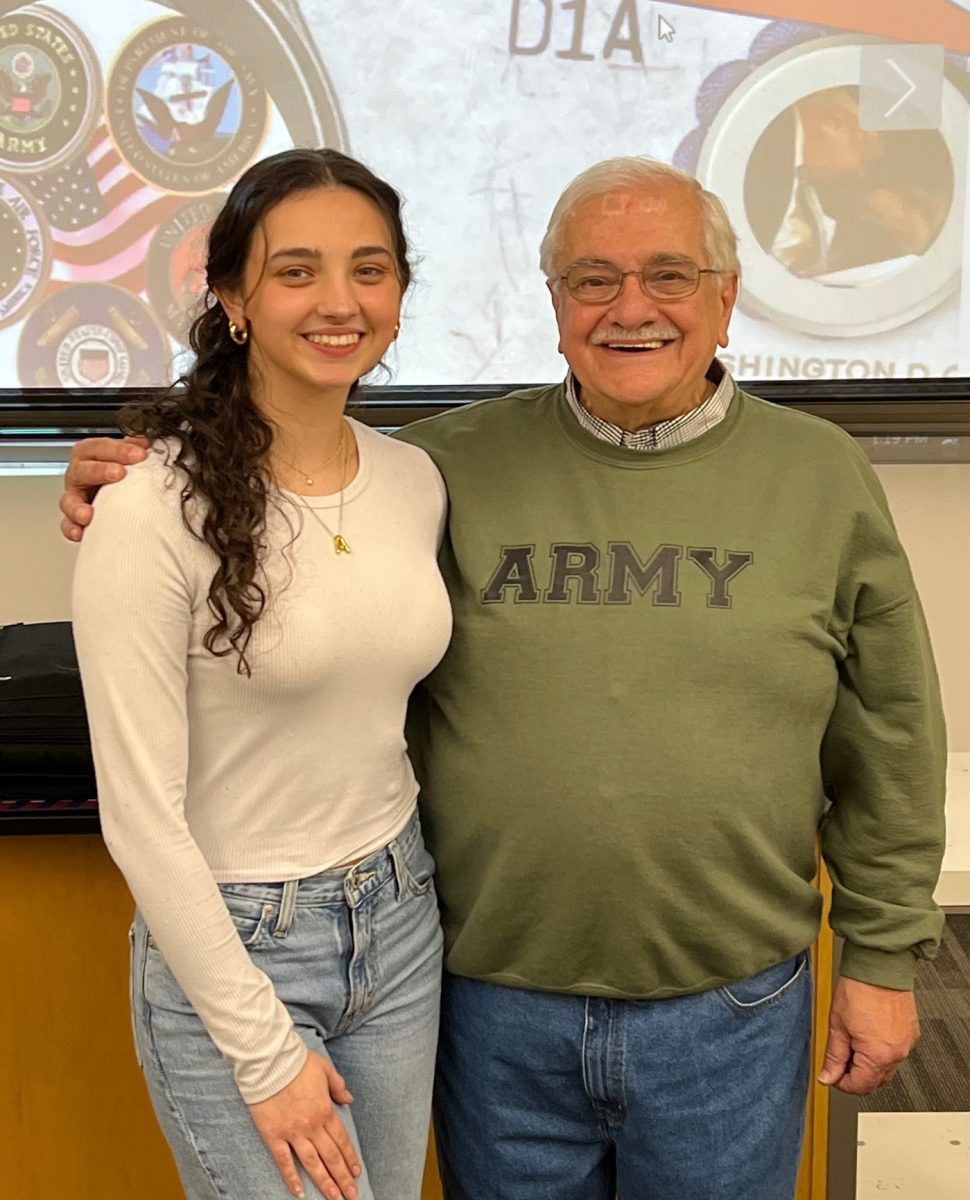


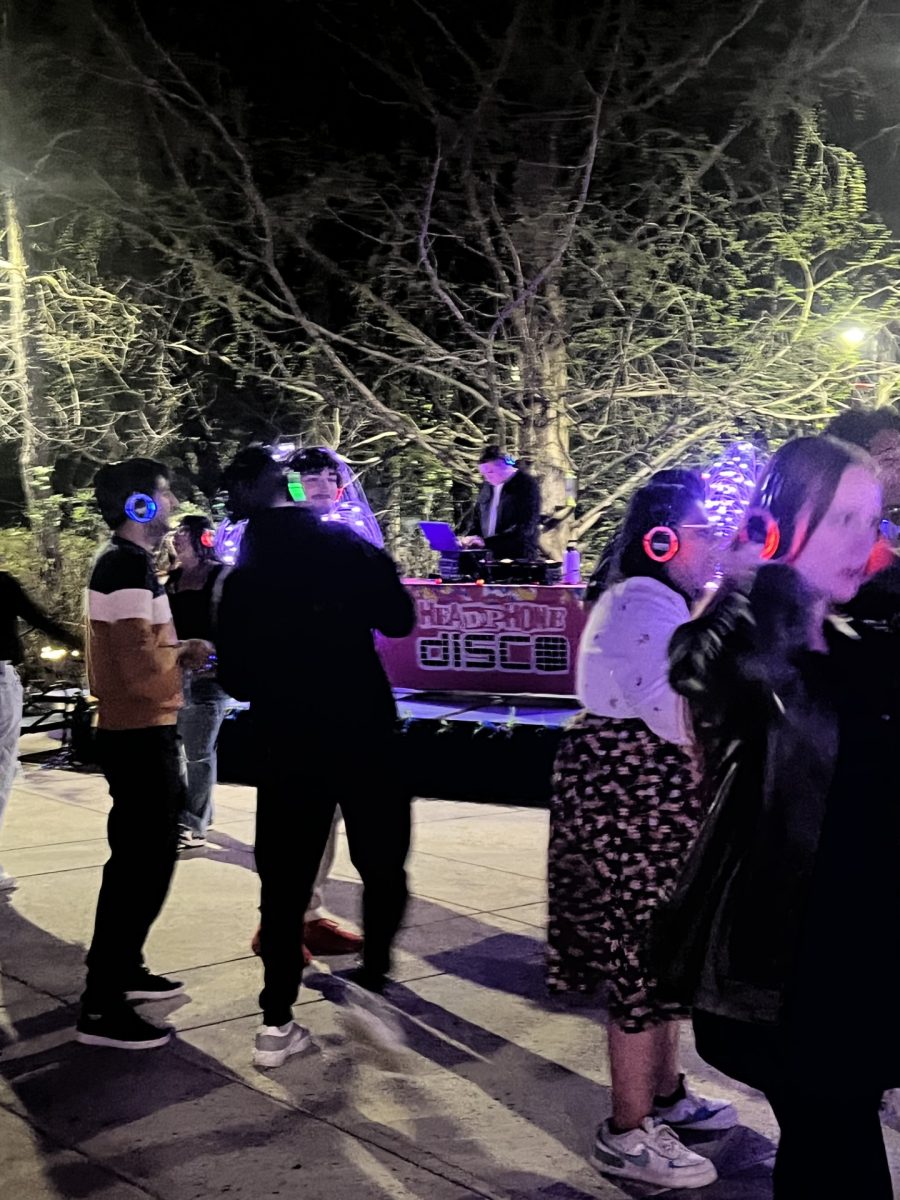
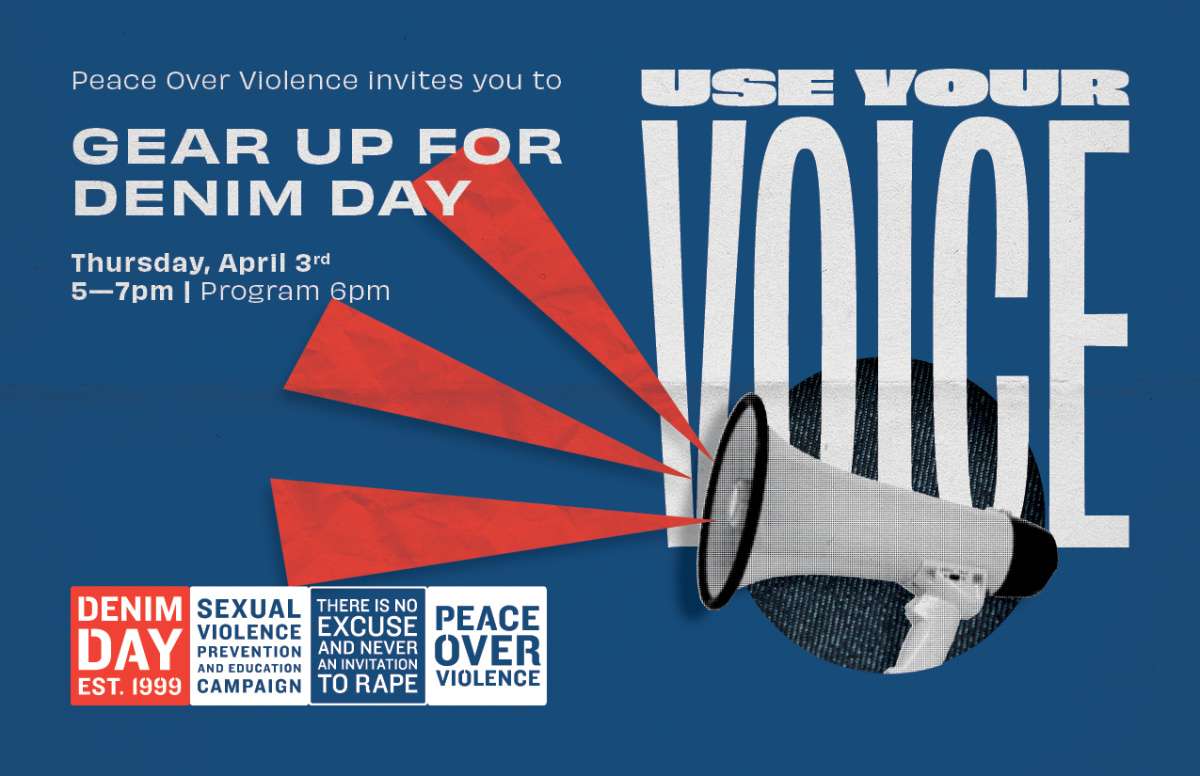


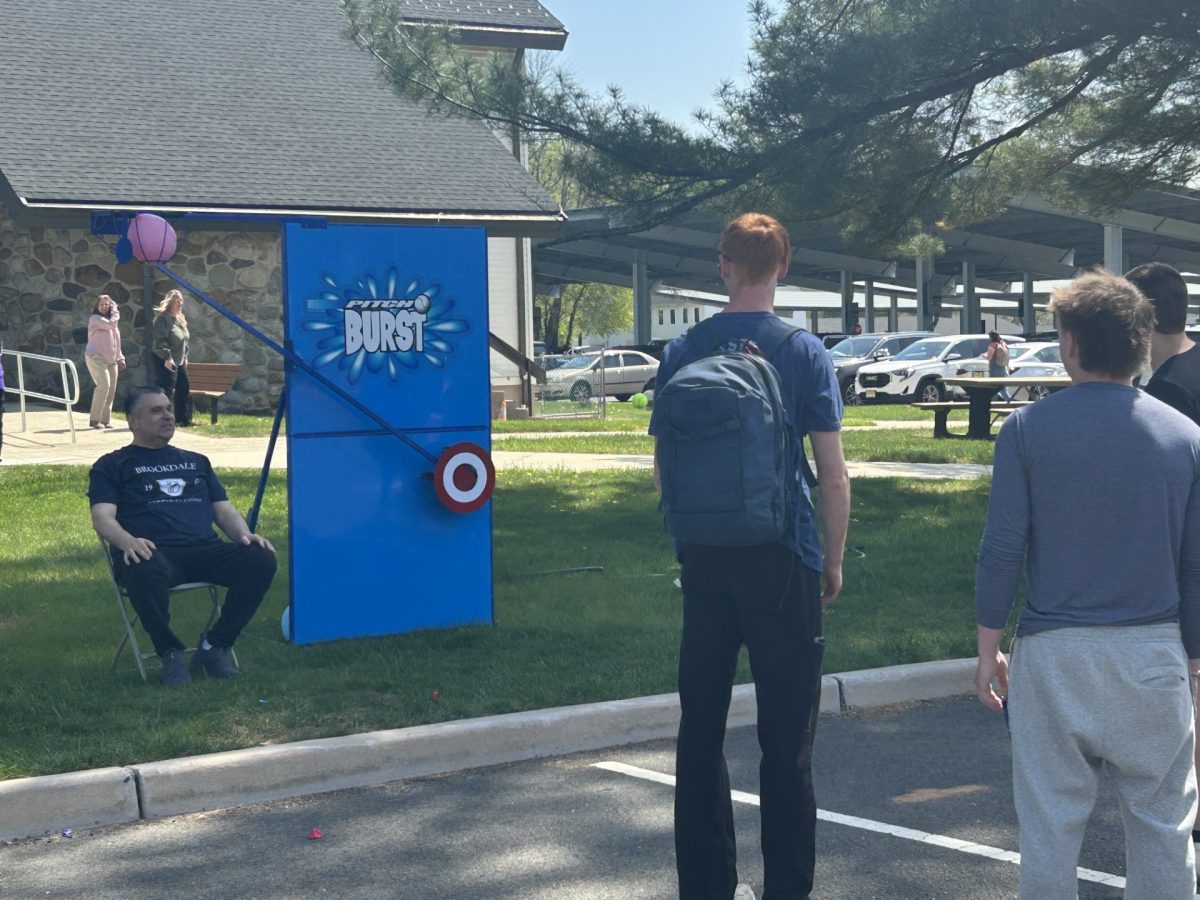
Ben P. • Apr 7, 2025 at 8:47 PM
Its not only great to see how active the Poli Sci Club has been this year, but also really great to have the vets who are still with us remind everyone the horrors of war and afterwards. Also amazing writing Isabel, 10/10!
Cheryl Bontales • Feb 16, 2025 at 8:53 PM
You are to be commended for this excellent article with well written information on the topic, the veteran speaker, the president of the history club, and the importance of the cause, to never forget our veterans and their duty to defend our nation, no matter what the cost. AHEPA service dogs is a fabulous initiative. All money raised is spent on training the service dog and the veteran. As a supporter of AHEPA I was quite moved by the article and hope that many more people will read it and donate what they can to help. Congratulations to Brookdale Community College for sponsoring the presentation, to Miss Pytel for sharing her passion for history and supporting her “Papou” with his dedication to reach and teach as many people as possible about our Veterans with PTSD, and how AHEPA service dogs can help. Congratulations to all involved in this eye opening presentation.